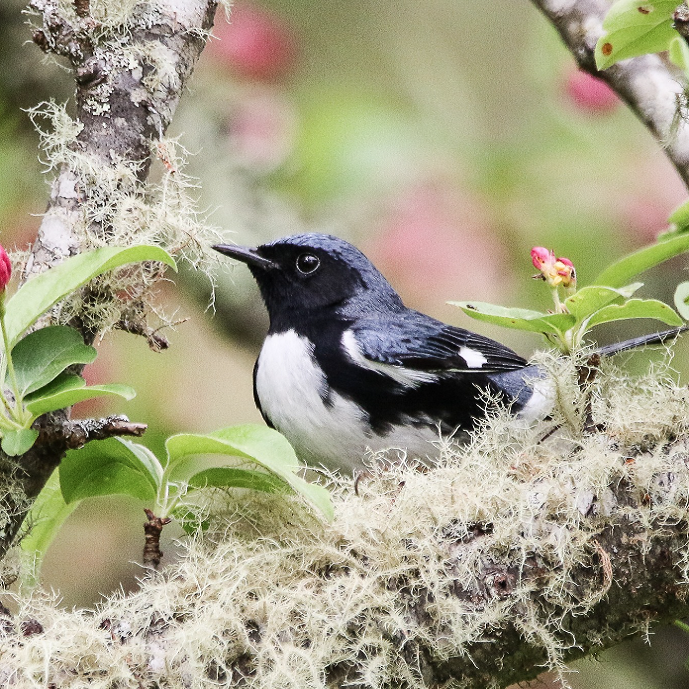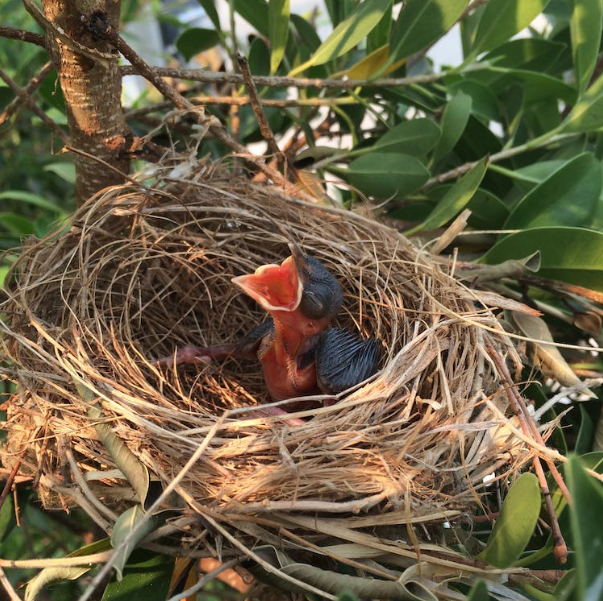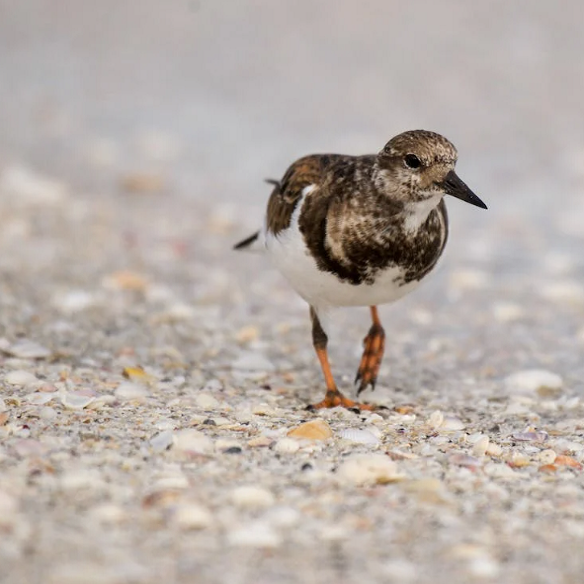In the Wild!
Get outside, explore nature and make fun discoveries together! Learn about dinosaurs and local songbird conservation actions through educational programming and featured events happening at the Zoo and our partner locations all summer-long.
Find "Dinos in the Wild":
Now through August 13, 2023, Compsognathus dinosaur statues will be placed at partner sites throughout Roger Williams Park and Audubon Society of Rhode Island sites for YOU to discover.
Modern Day Dinosaurs – A Bird Conservation Lecture Series
Keep exploring. Keep observing. Keep discovering!
Bird Banding & Lecture at Audubon Nature Center & Aquarium
Observe bird banding, where experts capture, band, measure and release songbirds in order to record their movements. Bird Banding (June 24) ; Bird Banding (July 29) ; Bird Banding (August 12)
Join RWPZoo staff for an informative talk about North American songbirds and AZA’s efforts to help songbirds and other local species. Bird Lecture (August 3) >

Managing Bird Populations Lecture at Roger Williams Park Zoo
Now more than ever, there is an urgent need to understand the habitat and nutritional requirements of birds throughout the year. This talk will discuss Audubon’s Avian Research Initiative, provide an overview of data collected to date and identify the work that is planned in the future. Bird Lecture (July 20) >

Spotlight on Piping Plovers & Saltmarsh Sparrows Lecture at RI Museum of Natural History & Planetarium
Learn about RI’s coastal habitats. Learn about the biology of piping plovers and saltmarsh sparrows, their current status in Rhode Island, and ongoing management efforts. Bird Lecture & Ornithology Museum Vault Tour (August 10) >

Did You Know? Not all dinosaurs are extinct!
Birds evolved from a group of meat-eating dinosaurs called theropods? Are you surprised to know their are still dinosaurs among us? As with all science, what we know today is different than what we knew yesterday or what we might know tomorrow. Your discoveries today may shape the science of tomorrow! Recent research has unearthed many evolutionary connections, including coloring, body covering and skeletal structure.
Bird Conservation Resources & FAQs
Roger Williams Park Zoo is proud to announce its participation in the North American Songbird SAFE (Saving Animals From Extinction) program! The goal of Saving Animals From Extinction North American Songbirds is to reduce the threats to North American songbirds and secure sustainable wild populations of these species throughout their ranges.
The North American Songbird SAFE focuses on three areas of native songbird conservation.
- Reduce bird collisions with glass.
- Reducing free-roaming cat impacts on wildlife.
- Preserving, enhancing, and building native habitats.
Keep a look out on your next visit for the many ways in which we are participating in this important initiative, including:
- New decals on windows to prevent bird collisions. (Stickers were created by birdseyeview.com)
- Certified Bird Friendly coffee thanks to our partners at Fogbuster Coffee Works, is now available at locations throughout the Zoo!
- Installation of more native plants to provide food and refuge to birds.
- Bird houses designed specifically for local songbirds.
- Coming soon! In collaboration with USFWS, the Zoo will be installing a MOTUS tower on the roof of our Education Center.
- These towers have antennas that can pick up the signal from a tagged individual if they fly within a few kilometers of a tower. Staging these towers along migration routes creates a virtual net to capture the animals’ information. Imagine having check-points along migratory routes to see which path they’re taking.
And stay tuned for more information on upcoming bird walks and a new bird feeder live streaming webcam!
If you find a baby bird, it likely does not need your help unless it is featherless or has its eyes closed. These birds are nestlings and aren’t ready to leave the nest yet. If you can locate the nest nearby, the best thing to do is simply place the nestling back in the nest. If you cannot locate the nest, leave the nestling where you found it or move it to a shaded area. The parents will come back. Don’t worry, your scent won’t deter the parents.
As birds get bigger, they outgrow the nest and need room to move around, flap their wings and learn to fly. These more developed birds are fledglings and they can easily be identified by their more developed feathers. They can hop and flutter on their own. Fledglings don’t need help – their parents are nearby and still caring for them. Be sure to give them plenty of space.
If you have found what you think is an injured or orphaned wild animal in Rhode Island, please call the Wildlife Clinic of Rhode Island at 401-294-6363 before taking action so they can assess the situation with you in real time. Not all circumstances require intervention. Thank you for caring about the wildlife in your community.
Our friends at the The Smithsonian Migratory Bird Center put together this list to help you make your home and lifestyle better for birds and the planet.
- Turn lights out and treat windows OR put up bird anti-collision window stickers to help keep birds safe
- Keep cats indoors to save birds
- Plant native plants to shelter and nourish birds
- Find out which native plants are best for your area >
- Avoid pesticides for a bird-friendly home
- Drink Bird Friendly® coffee to protect disappearing habitats
- Avoid single-use plastics to protect birds and the planet
- Share your sightings on eBird >

